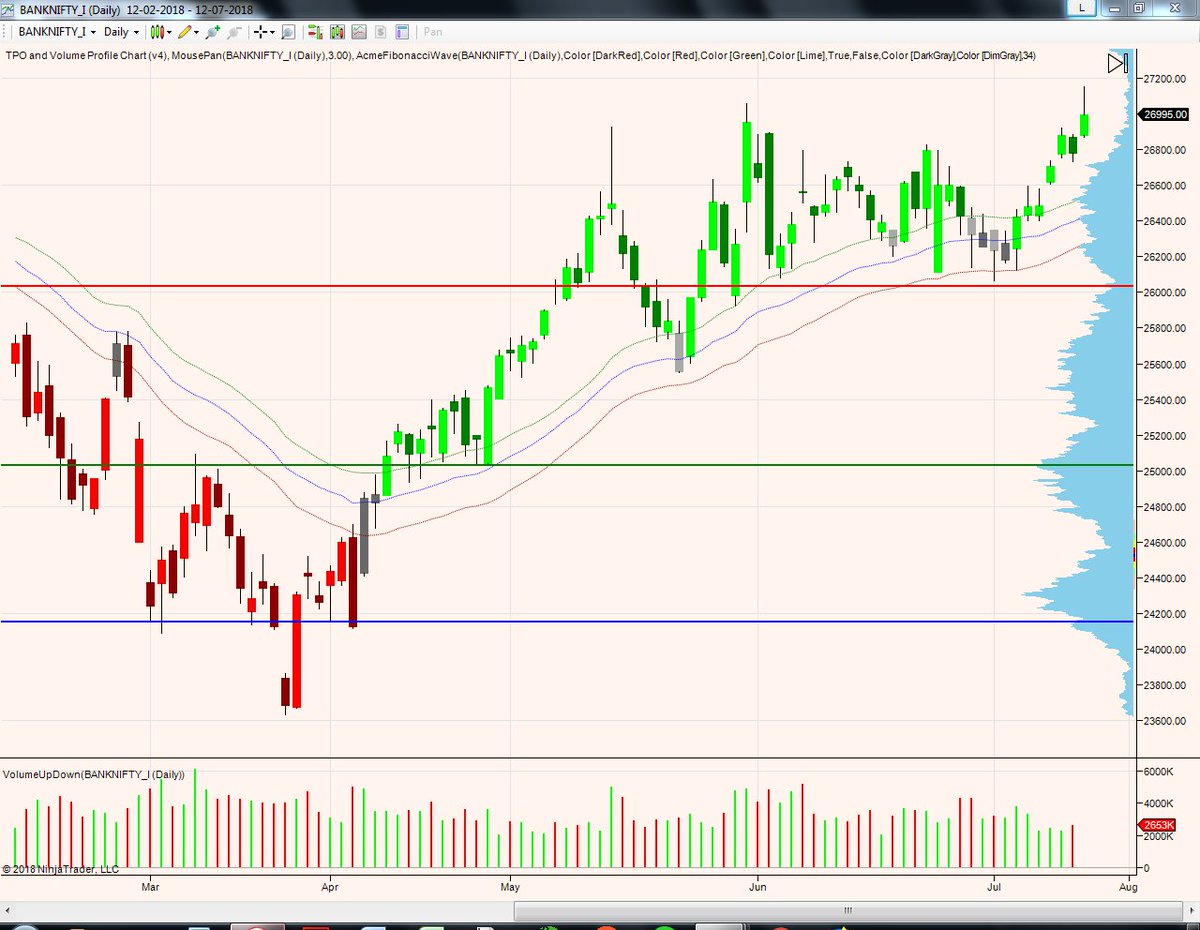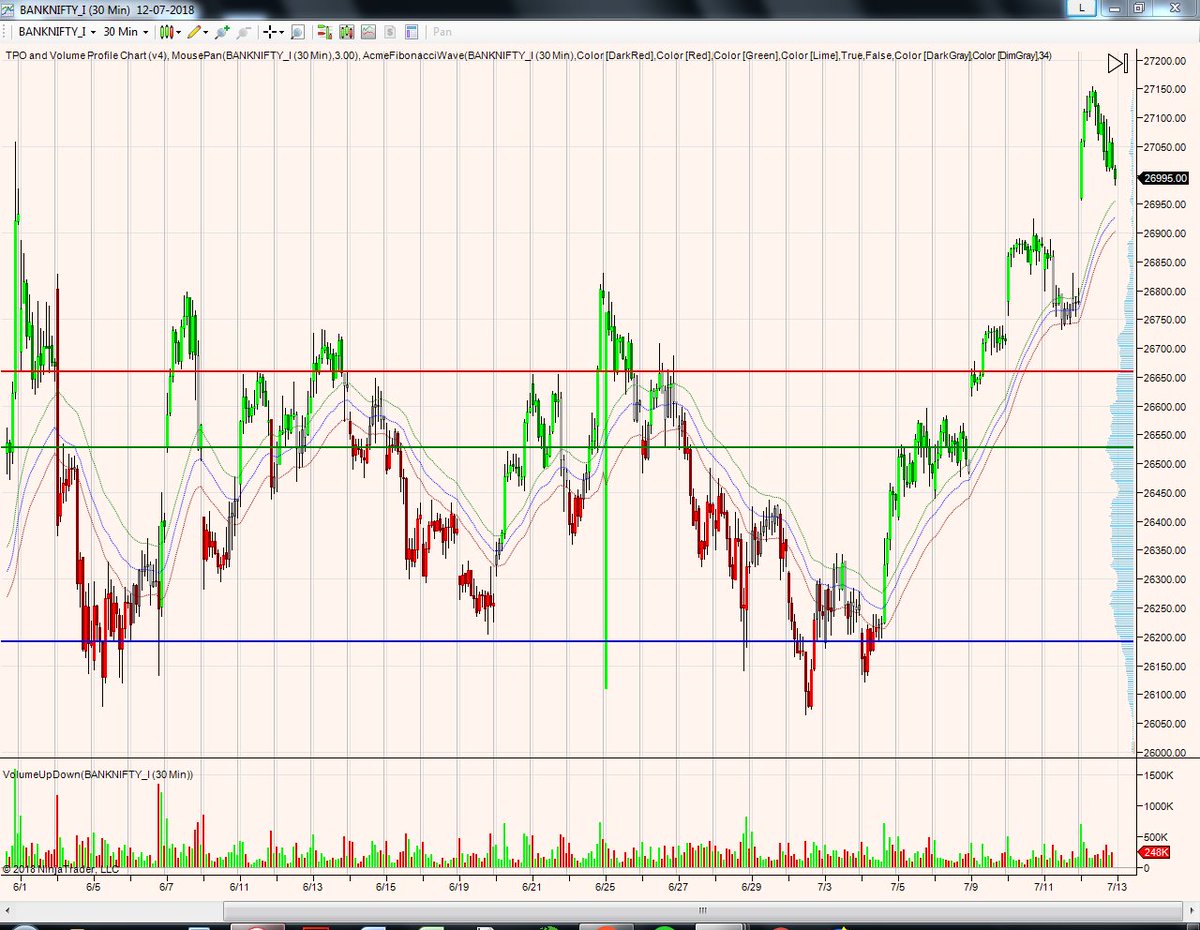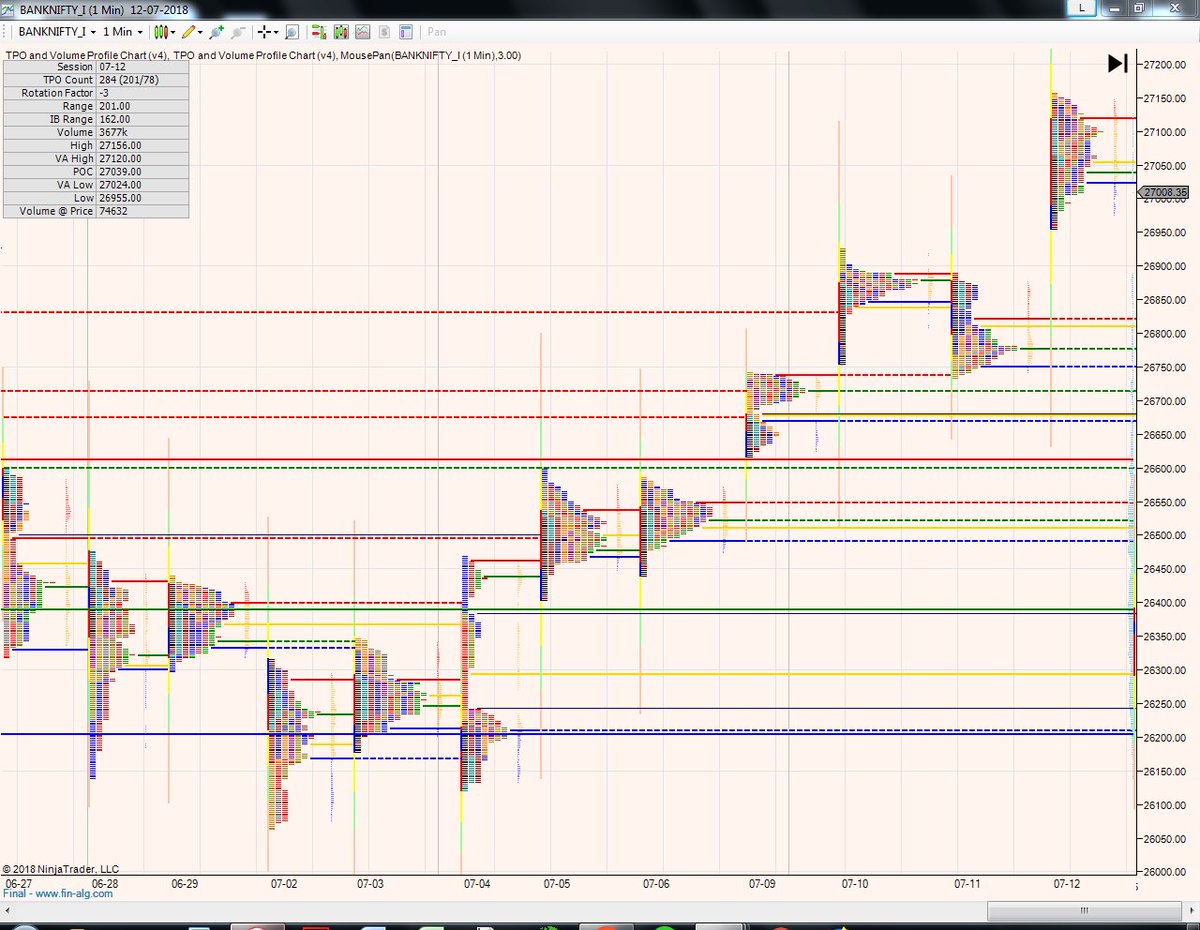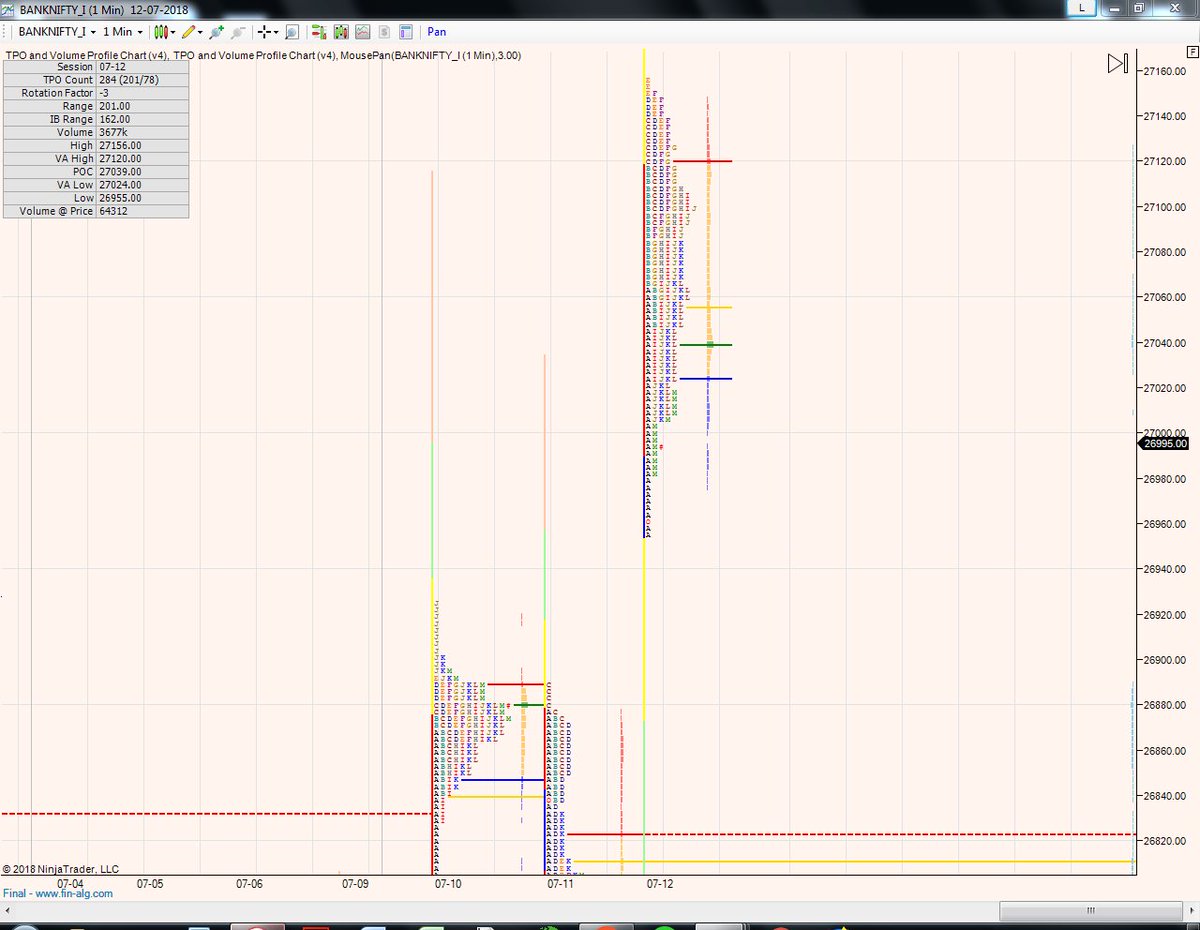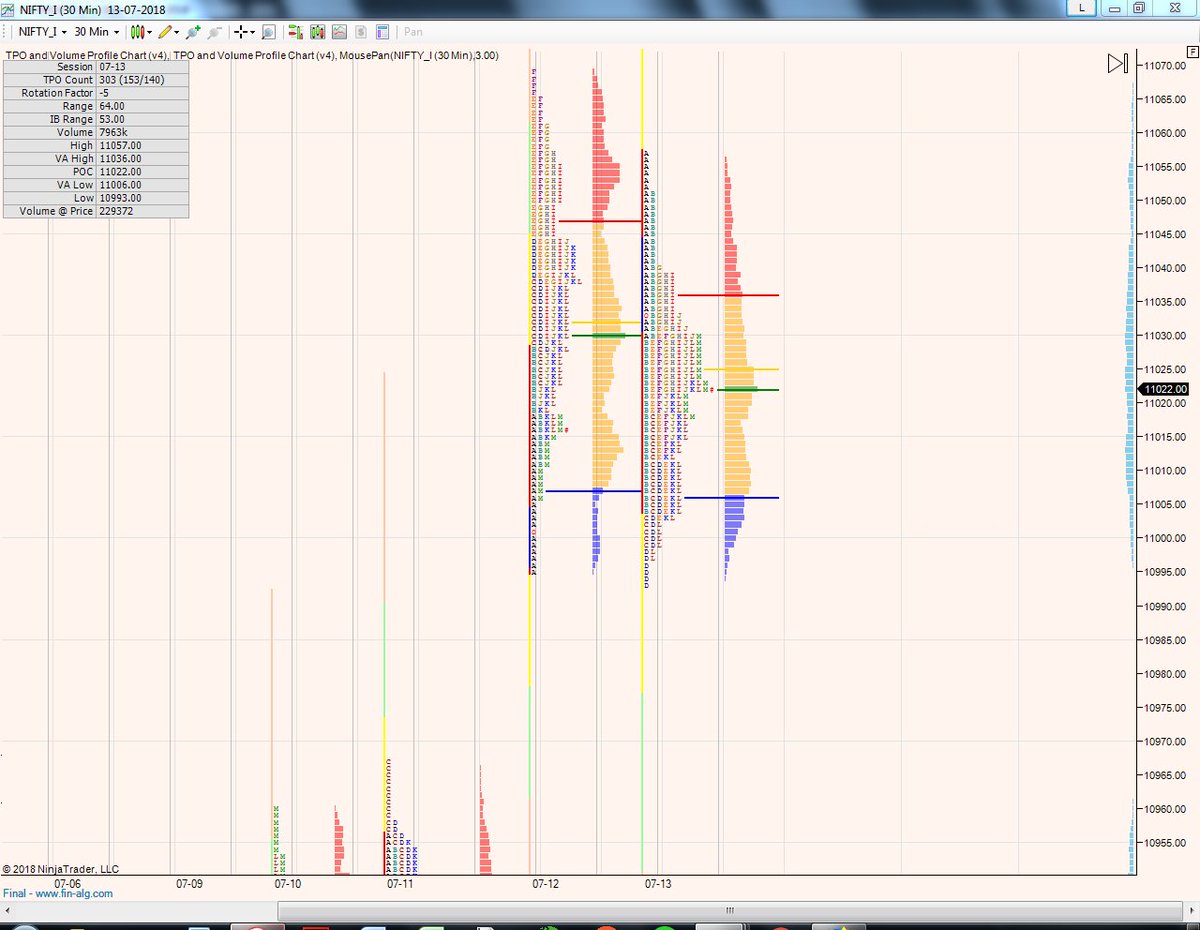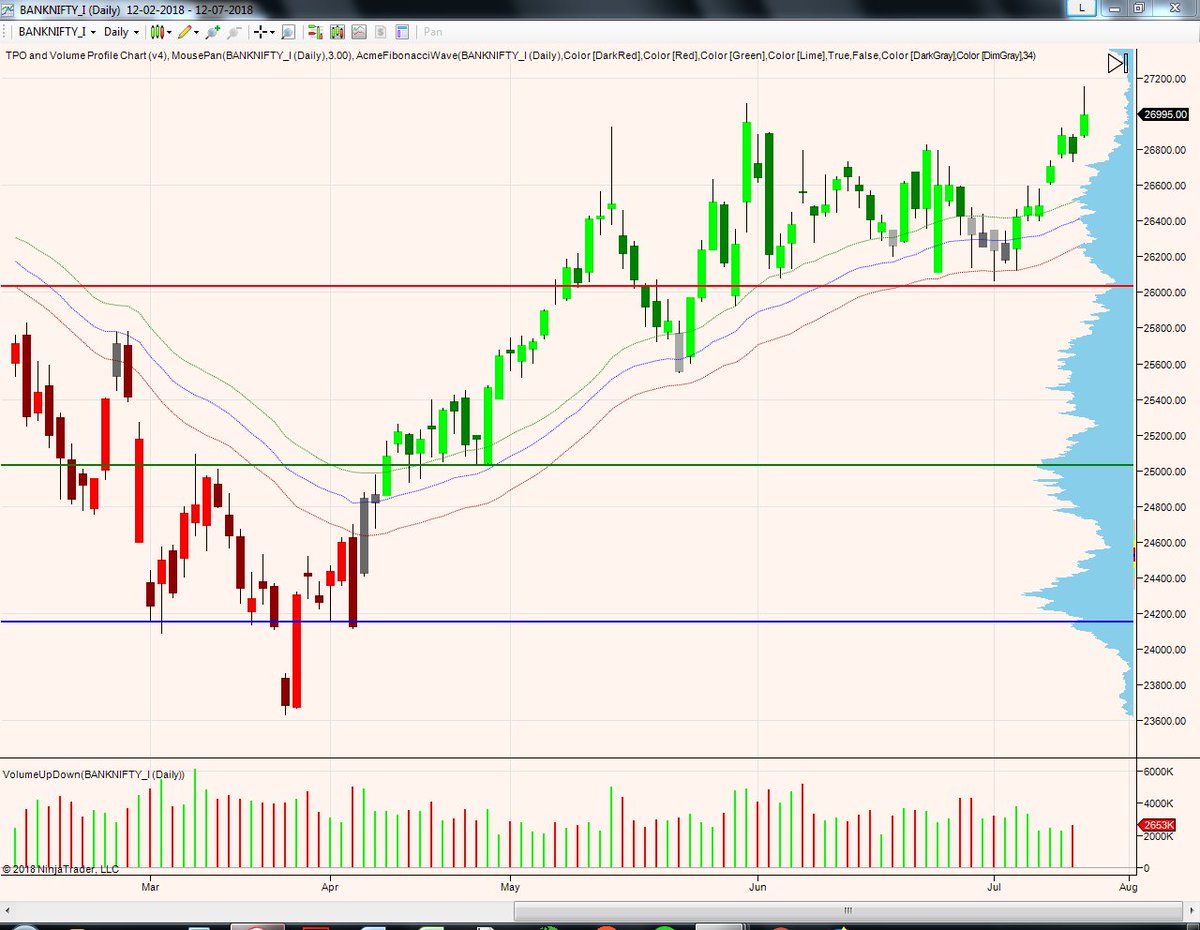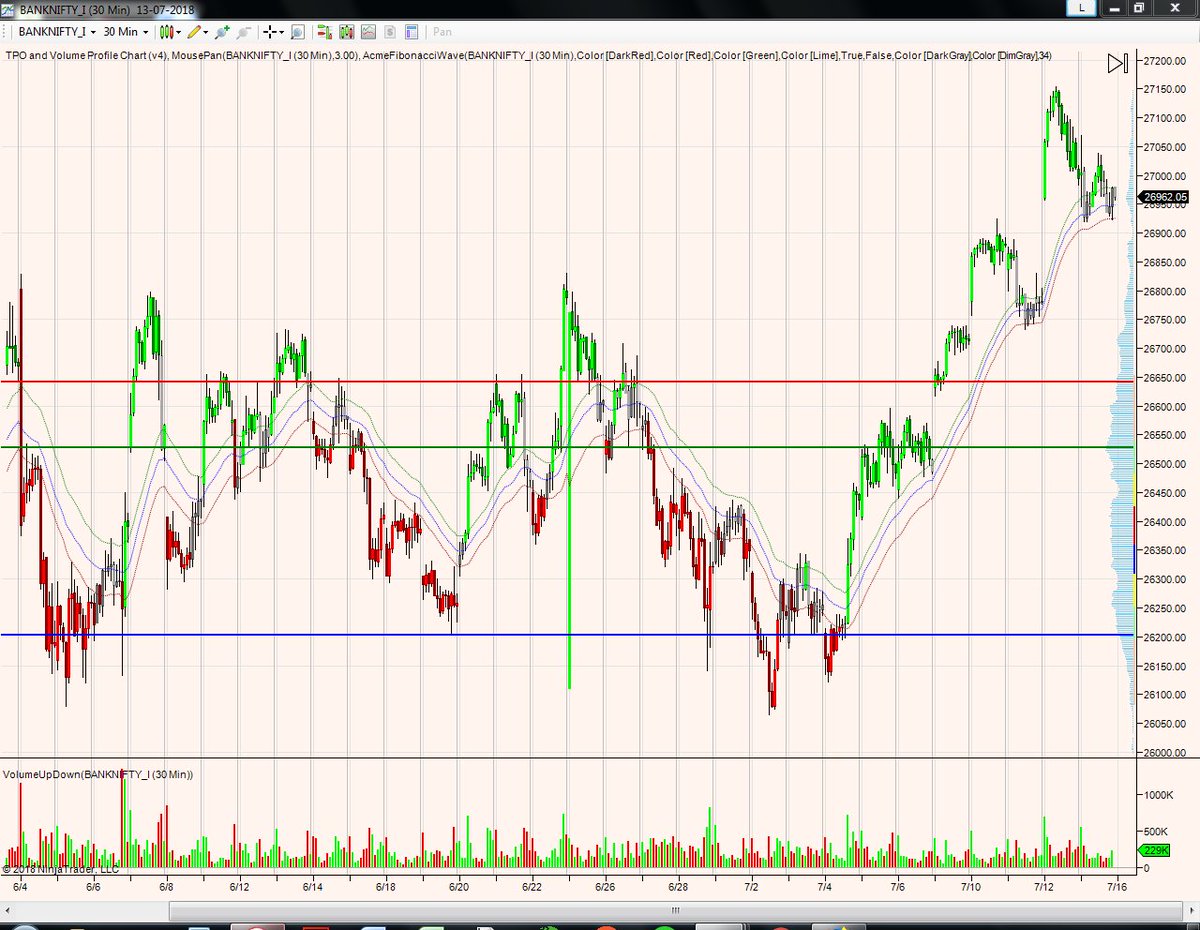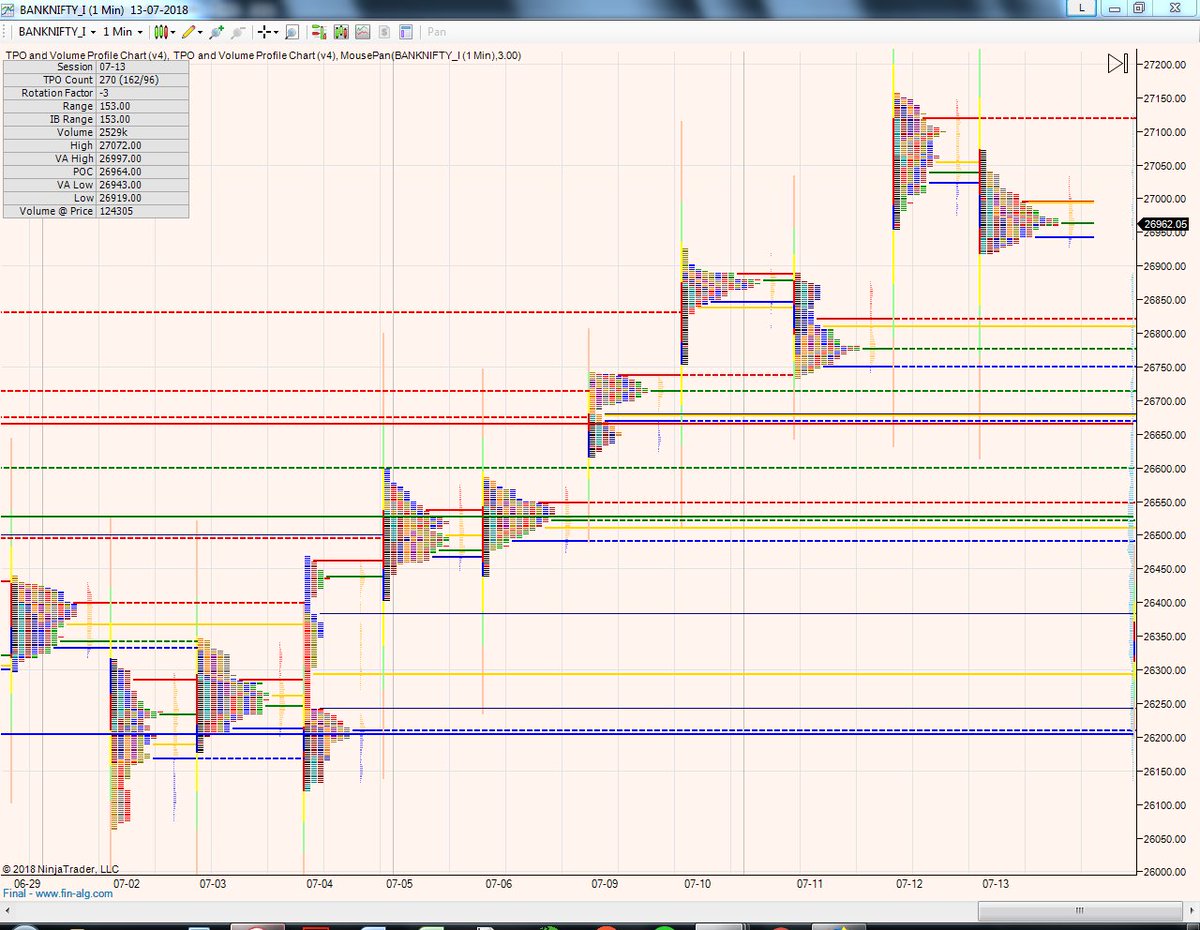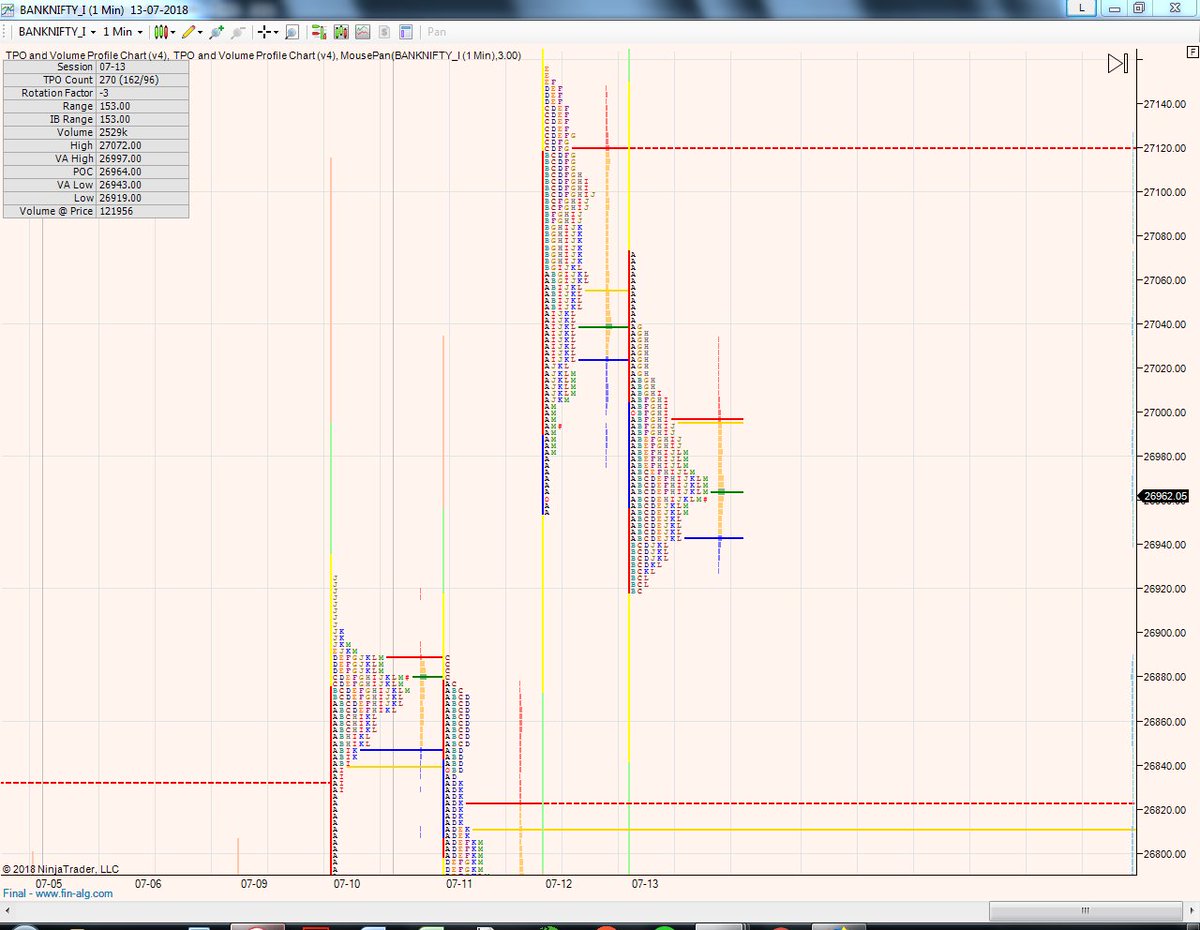A Mind for Numbers- How to Excel at Math and Science by Barbara Oakley
Week 2
#WeekendReading
#LearningTogether
Week 2
#WeekendReading
#LearningTogether
https://twitter.com/IMRiskManager/status/1012713514337648640
1 There are two major memory systems:
Working memory—like a juggler who can keep only four items in the air.
Long-term memory—like a storage warehouse that can hold large amounts of material, but needs to be revisited occasionally to keep the memories accessible.
Working memory—like a juggler who can keep only four items in the air.
Long-term memory—like a storage warehouse that can hold large amounts of material, but needs to be revisited occasionally to keep the memories accessible.
2 Spaced repetition helps move items from working memory to long-term memory.
3 (for students who study all night before an exam)
Make the neural connections needed for normal thinking processes—which is why sleep the night before a test is so important.
Make the neural connections needed for normal thinking processes—which is why sleep the night before a test is so important.
4 One of the first steps toward gaining expertise in math and science is to create conceptual chunks—mental leaps that unite separate bits of information through meaning.
5 The first step in chunking, then, is to simply focus your attention on the information you want to chunk.
6 The second step in chunking is to understand the basic idea you are trying to chunk.
7 The third step to chunking is gaining context so you see not just how, but also when to use this chunk. Context means going beyond the initial problem and seeing more broadly, repeating and practicing with both related and unrelated problems.
8 Attempting to recall the material you are trying to learn—retrieval practice—is far more effective than simply rereading the material.
9 You must have information persisting in your memory if you are to master the material well enough to do well on tests and think creatively with it.
10 Recalling material when you are outside your usual place of study helps you strengthen your grasp of the material by viewing it from a different perspective.
11 We procrastinate about things that make us feel uncomfortable.
Procrastination is a single, monumentally important “keystone” bad habit.
The better you get at something, the more you’ll find you enjoy it.
Procrastination is a single, monumentally important “keystone” bad habit.
The better you get at something, the more you’ll find you enjoy it.
12 You will probably not be surprised to learn that chunking, that automatically connected neural pattern that arises from frequent practice, is intimately related to habit. Habit is an energy saver for us. It allows us to free our mind for other types of activities.
13 You will probably not be surprised to learn that chunking, that automatically connected neural pattern that arises from frequent practice, is intimately related to habit.1 Habit is an energy saver for us. It allows us to free our mind for other types of activities.
14 By focusing on process rather than product, you allow yourself to back away from judging yourself (Am I getting closer to finishing?) and allow yourself to relax into the flow of the work.
15 Multitasking is like constantly pulling up a plant. This kind of constant shifting of your attention means that new ideas and concepts have no chance to take root and flourish.
16 Multitasking means that you are not able to make full, rich connections in your thinking, because the part of your brain that helps make connections is constantly being pulled away before neural connections can be firmed up.
17 Habits such as procrastination have four parts:
The cue
The routine
The reward
The belief
Change a habit by responding differently to a cue, or even avoiding that cue altogether. Reward and belief make the change long-lasting.
The cue
The routine
The reward
The belief
Change a habit by responding differently to a cue, or even avoiding that cue altogether. Reward and belief make the change long-lasting.
18 Keep a planner-journal so u can easily track when u reach ur goals and observe what does and doesn’t work.
Commit yourself to certain routines and tasks each day.
Write ur planned tasks out the night before, so your brain has time to dwell on your goals to help ensure success.
Commit yourself to certain routines and tasks each day.
Write ur planned tasks out the night before, so your brain has time to dwell on your goals to help ensure success.
19 Arrange your work into a series of small challenges. Always make sure you get lots of rewards. Take a few minutes to savor the feelings of happiness and triumph.
• • •
Missing some Tweet in this thread? You can try to
force a refresh


